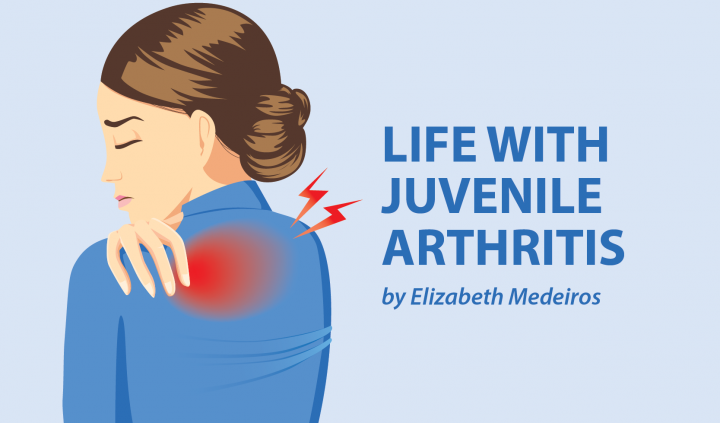Parents, you may not like to think about it, but 40 percent of U.S. high schoolers have reported having sex. Many more go on to become sexually active in college. It’s a topic that makes even the most mature adults squirm to talk about, but it’s critical to talk to your child about safe sex. Especially if they have juvenile arthritis
Teens and young adults with arthritis are just as interested in having relationships as their peers. Having a chronic illness doesn’t make them less likely to date. And like other teens, they may not always make the best decisions when it comes to sex. But teens with JA need to be extra cautious, and may not realize it. Which is why it’s so important to talk to your child with JA about safe sex and risk factors.
Threats to pregnancy
In 2017, 194,377 babies were born to teenage parents. It’s a heartbreaking, complicated situation for families to face. But for teens being treated for JA, the situation can be far more complex or even dangerous.
Some of the medicines used to treat juvenile arthritis are not safe for use during conception or pregnancy. Both men and women are advised to stop certain medicines prior to trying for a baby. Methotrexate, for example, is known to cause miscarriage or fetal abnormalities when used during conception and pregnancy. Leflunomide can cause birth defects during treatment and for some time after stopping.
Double Dutch
When using a medicine that can threaten a pregnancy, it’s important to use reliable forms of birth control. Teens in particular benefit from doubling up, such as using the pill and a condom. Unfortunately, many teens are not educated on this method or do not have enough access to birth control to practice it.
Planning a conversation
Every family is unique and will approach this topic differently. You should let your child know your expectations and rules (such as only going on group dates). But even if you expect your child to be abstinent, you should still educate your child about safe sex.
If you’re hesitant, remember that talking about sex doesn’t make your child more likely to become sexually active. In fact, teens who talk to their parents about sex are actually more likely to delay sex until they’re older. Teens who are educated about their bodies are more likely to make smart choices now and in the future.
Planning for the future
As a teen, I never realized how important this topic was. But as I became an adult, knowing the repercussions helped me become more proactive in my health. In fact, it helped me make the decision to switch to different treatments as I start to consider marriage and a family. The conversations I had with my mum didn’t just apply to me as a teen — they’ve carried through into adulthood.
***
Note: Juvenile Arthritis News is strictly a news and information website about the disease. It does not provide medical advice, diagnosis, or treatment. This content is not intended to be a substitute for professional medical advice, diagnosis, or treatment. Always seek the advice of your physician or other qualified health provider with any questions you may have regarding a medical condition. Never disregard professional medical advice or delay in seeking it because of something you have read on this website. The opinions expressed in this column are not those of Juvenile Arthritis News, or its parent company, BioNews Services, and are intended to spark discussion about issues pertaining to juvenile arthritis.


